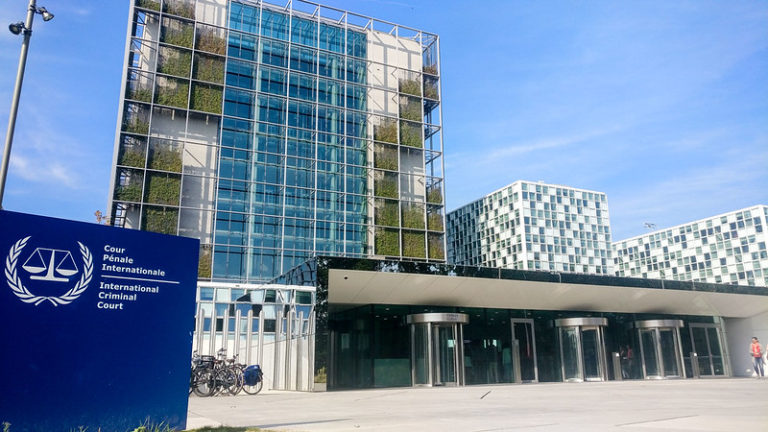National interest राष्ट्रीय हीत
“America has no permanent friends or enemies, only interests”
― Henry Kissinger

National interest refers to the set of goals, objectives, and priorities that a nation or country seeks to achieve in order to protect and advance its well-being and security. It encompasses various aspects such as economic prosperity, political stability, national security, territorial integrity, and cultural identity. The pursuit of national interest often guides a country’s foreign policy decisions and domestic actions to promote its own welfare and safeguard its citizens.
Nations protect their national interests through a combination of diplomatic, economic, and military means. Here are some examples of how countries safeguard their interests:
- Diplomacy: Engaging in diplomatic negotiations, forming alliances, and participating in international organizations to foster cooperation and resolve disputes peacefully.
- Economic measures: Implementing trade policies, sanctions, tariffs, and investment strategies to advance economic interests and secure access to vital resources.
- Military actions: Maintaining armed forces and strategic capabilities to deter potential threats and protect national security.
- Intelligence gathering: Gathering intelligence on other countries’ actions and intentions to make informed decisions and respond to emerging challenges effectively.
- Alliances and partnerships: Forming military, economic, and political alliances with other countries to enhance mutual security and influence on the global stage.
- Soft power: Utilizing cultural, educational, and technological assets to increase a country’s influence and attractiveness to other nations.
- Cybersecurity: Protecting critical infrastructure and networks from cyber threats to safeguard national security and sensitive information.
- International treaties and agreements: Entering into treaties and agreements that serve the country’s interests, such as arms control agreements or trade pacts.
- Public diplomacy: Engaging with foreign populations through media, cultural exchanges, and educational programs to shape perceptions and promote positive relations.
It’s essential to note that the methods used to protect national interests can vary significantly based on a country’s unique circumstances, regional dynamics, and geopolitical context.
National interests of the USA are:
- National Security: Protecting the country from external threats and ensuring the safety of its citizens and territory.
- Economic Prosperity: Promoting and maintaining a strong and stable economy, both domestically and internationally.
- Global Influence: Maintaining a leading role in international affairs and shaping global policies and initiatives.
- Democracy and Human Rights: Supporting democratic values and human rights worldwide.
- Energy Security: Ensuring access to reliable and diverse energy sources to meet the country’s needs.
- Counterterrorism: Combating terrorism and preventing attacks on U.S. soil and interests abroad.
- Non-Proliferation: Preventing the spread of nuclear weapons and other weapons of mass destruction.
- Trade and Commerce: Promoting free and fair trade to support economic growth and create job opportunities.
- Cybersecurity: Protecting critical infrastructure and information from cyber threats.
- Environmental and Climate Issues: Addressing environmental challenges and promoting sustainable practices.
It’s important to understand that national interests can evolve over time based on various factors, including changes in leadership, international events, and shifts in global dynamics.
National Interests of India
- National Security: Protecting the country from external threats and maintaining internal stability.
- Territorial Integrity: Safeguarding the sovereignty and territorial integrity of India.
- Economic Growth: Promoting economic development, reducing poverty, and ensuring prosperity for its citizens.
- Regional Stability: Contributing to stability and peace in South Asia and the broader region.
- Energy Security: Ensuring access to reliable and diverse energy sources to meet the country’s growing energy demands.
- Counterterrorism: Combating terrorism and addressing the threat of extremism.
- Trade and Commerce: Expanding international trade and investment opportunities to boost economic growth.
- Maritime Security: Safeguarding India’s maritime interests and securing sea lanes critical for trade and energy supplies.
- Climate Change and Environmental Protection: Addressing environmental challenges and promoting sustainable development.
- Strategic Autonomy: Pursuing an independent foreign policy and strategic decision-making to protect India’s interests.
Some example cases
- India not talking a clear stand against Putin about the Ukraine war
- Ukraine evacuation
- ISIS crisis – Saudi Arabia
- Kissinger’s China policy
- Gorbachev policies
- Putin policies
- Well being and security of the nation
- Ever evolving concept
- Foreign policy is decided on the basis on national interest
- Panchasheel
- Food security – China in Africa
- Cybersecurity
- Energy security Iraq war, Germany and Europe’s dependence on Russia
- Russians talking to Pakistan
- Indira Gandhi’s decision about nuclear tests
- Bangladesh war
- Non aligned policy
![]()

